Views from the Field No. 6 | Confidentiality and Data Protection During Fieldwork

In the era of dematerialisation (i.e. a paperless era), ensuring the security of data collected in field is paramount. The recent examples of major data breaches and cyber-attacks calls for even further reflection and review of protocols to manage and store personally identifiable information.
Considering food consumption modules in survey design
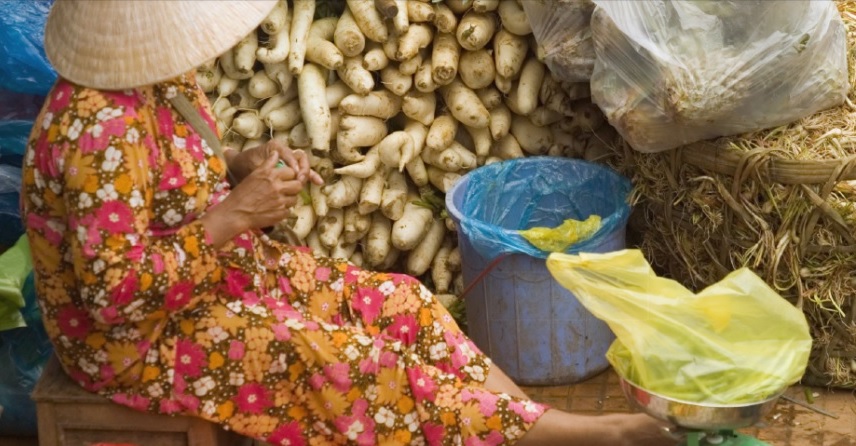
A new paper co-authored by EDI’s Co-Founder Joachim De Weerdt along with Jed Friedman, Kathleen Beegle and John Gibson addresses food consumption data, measurements, response error, and how findings from a randomised survey experiment in Tanzania can influence survey design.
EDI Research Team complete “Protecting Human Research Participants” training course

We are pleased to announce that all of our key research personnel have now completed the National Institutes of Health (NIH) Office of Extramural Research training course “Protecting Human Research Participants”.
My Internship at EDI so far

Elena Perra joins us from the Erasmus+ per traineeship programme ran by the University of Florence of which EDI is a non-academic partner. Read Elena’s blog post about her first few months at EDI…
Call for applications: GLODEP intake for 2018-2020 has launched!
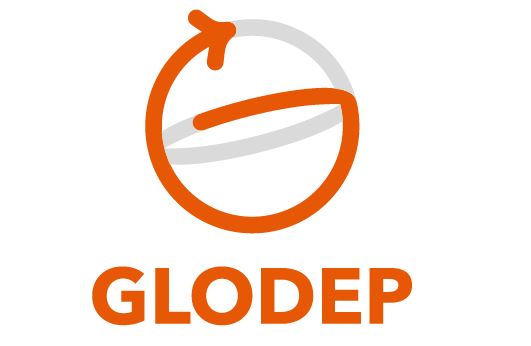
EDI is an international consortium partner for the Erasmus Mundus Joint Master Degree in International Development Studies (GLODEP) – a two-year multidisciplinary master programme in development studies, with an economic grounding and policy perspective. The application for the 2018-2020 intake has now opened.
Does loss of a father have a greater impact on a child’s self-esteem than loss of a mother?
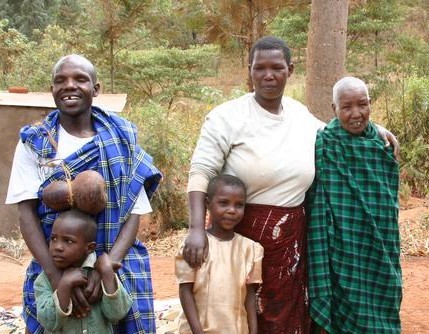
The publication of Orphanhood and Self-Esteem: An 18-Year Longitudinal Study From an HIV-Affected Area in Tanzania by Joachim De Weerdt, Kathleen Beegle and Stefan Dercon, brings the total number of research papers published based on the data documented from the Kagera Health and Development Survey (KHDS) to 110.
Views from Research – No. 10 | Tackling non-standard units with Computer-Assisted Personal Interviewing (CAPI)

Most of us can recall, relatively accurately, the quantities of consumption items we purchase; a kilo of sugar or a litre of milk. However, in many surveys in developing countries, quantities are expressed in non-standard units; such as ‘small heap of tomatoes’ and ‘medium bunch of bananas’. This leads to ambiguous item-unit combinations which are then subject to individual interpretation of what constitutes ‘small,’ ‘medium’, ‘large’.
Views from the Field No. 5 | Improving data accuracy and consistency using interviewer instructions

From our experience, one of the easiest and most effective ways to ensure the consistency of data collected during CAPI surveys is through the use of interviewer instructions that are programmed into the surveying software and are visible to interviewers during surveys. Such instructions can provide a number of benefits…
Views from Research – No. 9 | How to improve survey data quality?
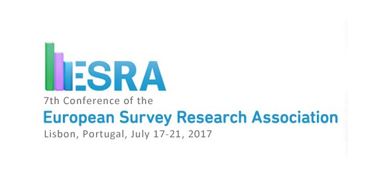
The 7th Conference of the European Survey Research Association (ESRA) was held in Lisbon, Portugal, from 17th to 21st July 2017. In the first part of this blog post I provide a summary of the ESRA 2017 conference. Secondly, I share some thoughts on assessing data quality and how data quality is defined.
Views from Research – No. 8 | Five podcasts and videos on the importance of more and better data in the Global South
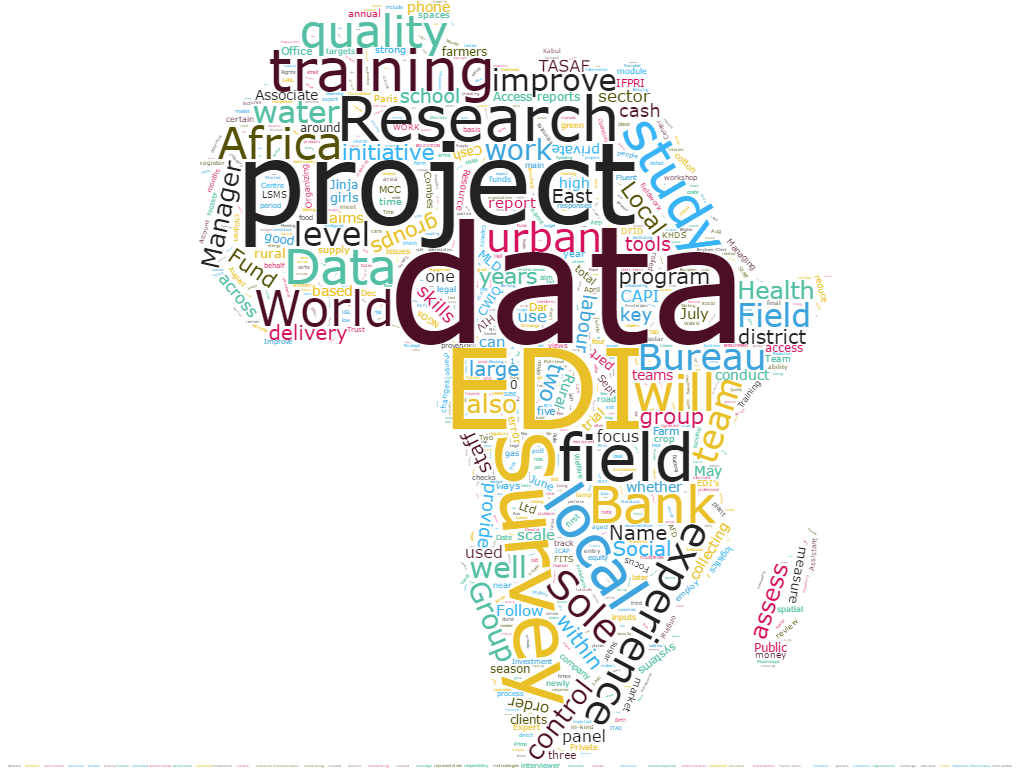
Data itself will not solve development challenges, but they should inform decision making and enhance development policies. Here are some insightful, publicly available, videos and podcasts on how to collect, process and make use of data.